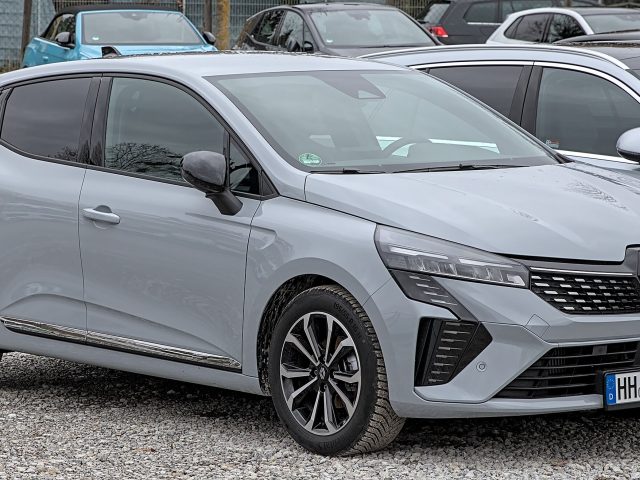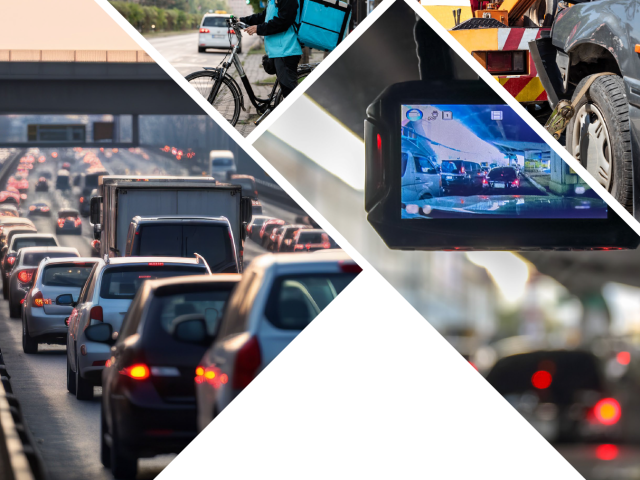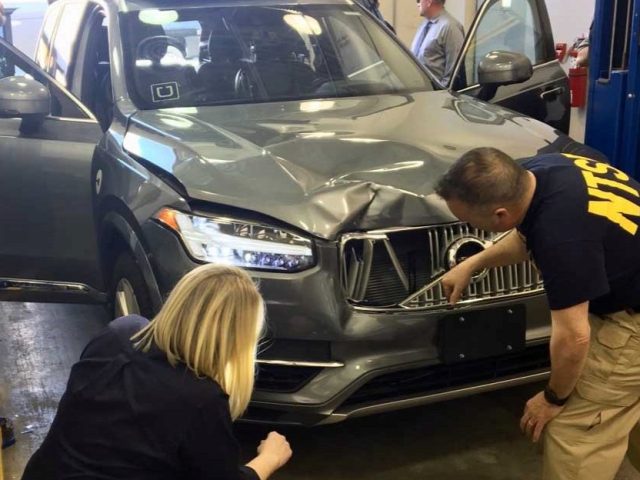US drivers admit to using semi-automated systems as if they were fully automated
Drivers who use partial automation on a regular basis often treat their vehicles as fully self-driving despite widespread warnings and numerous high-profile crash reports, a new study from the US Insurance Institute for Highway Safety shows.
Regular users of Cadillac Super Cruise, Nissan ProPILOT Assist and Tesla Autopilot said they were more likely to perform non-driving-related activities like eating or texting while using their partial automation systems than while driving unassisted. 53 per cent of Super Cruise users, 42 per cent of Autopilot users and 12 per cent of ProPILOT Assist users said that they were comfortable treating their vehicles as fully self-driving.
Cadillac Super Cruise is not available in Europe, and the Nissan ProPILOT Assist and Tesla Autopilot features used in Europe may have different specifications to the US versions.
To determine how frequent users view this technology, IIHS researchers surveyed around 600 Cadillac, Nissan/Infiniti and Tesla owners (about 200 each) who routinely use their vehicle’s partial automation system. These systems were selected because they reflect the diversity of designs on the US market.
The survey responses illustrated some striking differences in how the systems’ owners use them. Super Cruise and Autopilot users are more likely than ProPILOT users to do things that involve taking their hands off the wheel or their eyes off the road. They’re also more likely than ProPILOT users to say they can do nondriving activities better and more often while using their partial automation systems. Similarly, Super Cruise users are the most likely and ProPILOT users the least likely to say that an activity they think is unsafe to do when the system is switched off is safe to do when the system is switched on. System design and marketing likely contributed to those differences, according to the IIHS. “These results from frequent users of three different partial automation systems once again drive home the need for robust, multifaceted safeguards,” said IIHS Research Scientist Alexandra Mueller, the lead author of the study.







